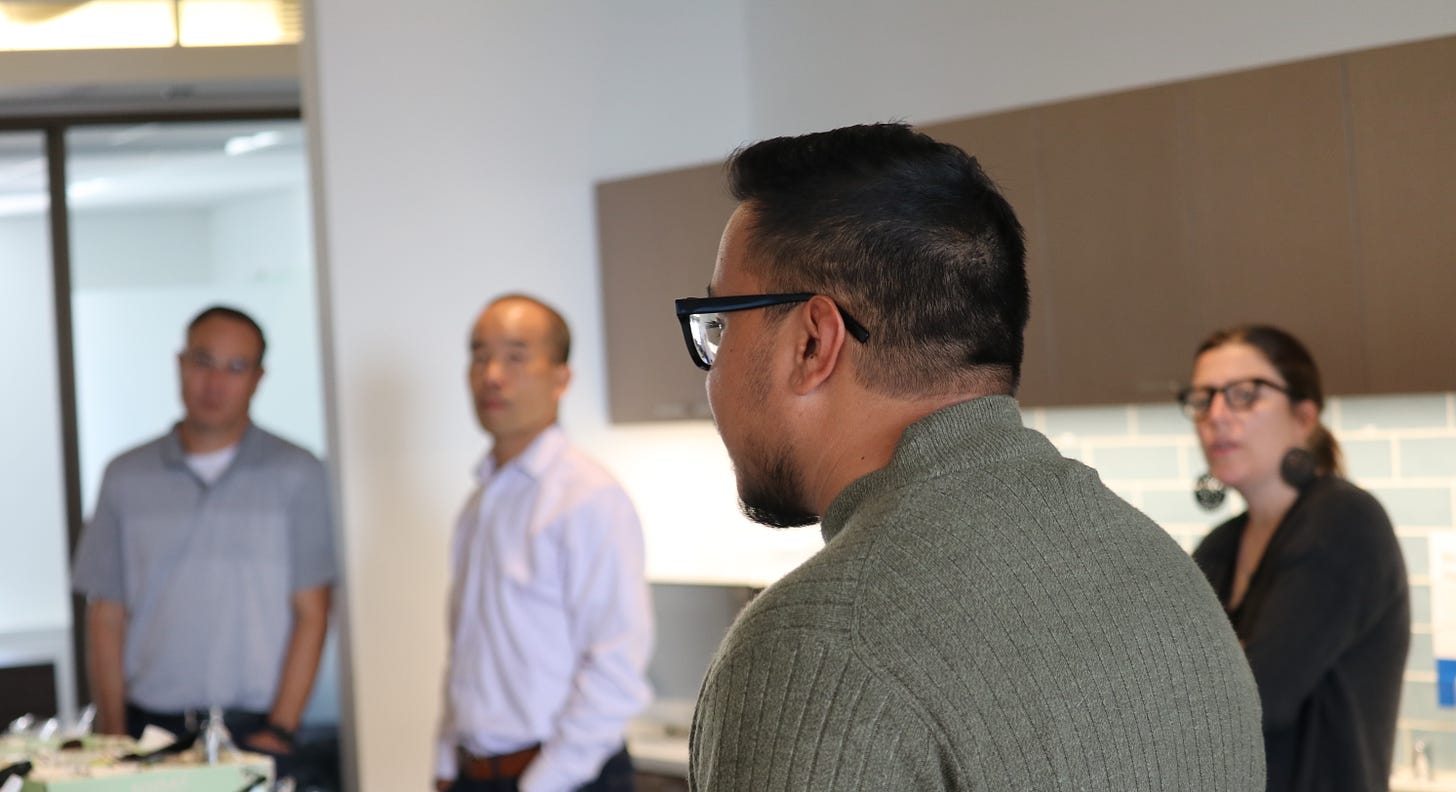Earlier this year, I helped convene a group of Christian leaders to talk about the future of the evangelical tradition. At first glance, you might assume that this future would be framed as a grim reality involving things like liberalism, CRT, and the rise of the “nones.” (There are certainly reasons to believe this would be true). However, this wasn’t the case.
Instead, these evangelical leaders—many of whom are recognizable names—were most distraught about the absence of hope in and for young people, the abuse that pervades Christian institutions, the church’s failure to engage constructively in our society, and the rise of Christian nationalism across congregations.
As someone who has existed in and around evangelical spaces my entire life, I found this analysis encouraging because it is also what I—an ordinary, lay evangelical—have sensed in our world today.
I have spilled a great deal of digital ‘ink’ talking about American evangelicalism: recounting my experience as an Asian American, challenging its predominantly white historiography, admonishing evangelicals toward a better public witness, critiquing abuse and celebrity cultures, naming its nationalistic outworkings, offering a mestizo vision of the tradition’s future, and reviewing books that engage with similar topics.
Even after all these years of thinking, reflecting, and writing about American evangelicalism, I remain convinced that evangelicals do not need to give up their core theological beliefs to move away from tribalism, exclusivity, nationalism, homogeneity, patriarchy, and the like. In fact, to move away from these things, I believe, is an act of living into these core emphases of the tradition, not straying from them.
It’s Giving Tuesday! The best way to support This Common Life is with a free or paid subscription.
Historian and author Rebecca Jane Morgan refers to this core as the “raw material” of evangelicalism. This raw material—the centrality of Jesus, the authority of the Bible, and the work of the Spirit, and the like—provides a fertile seedbed for the fruit of justice, love, compassion, and social transformation. When detached, extracted, and isolated from these harmful expressions that have come to define evangelicalism as a whole, these building blocks hold the incredible potential for new, vibrant movements of faith.
Like Rebecca, there are many young Christians today who have found ways to tap into these core elements to find new ways of leading and flourishing. I think of
, the founder of Se.cure, who leads at one of the largest evangelical churches in America and, at the same time, helps Indian American leaders navigate predominantly white spaces and embrace their unique story, voice, and purpose. I think of , who vulnerably reflects on the terrors of this world with beauty and grace while leading others towards a future marked by hope and justice. I think of , who elevates the faithful witness of the land and our ancestors as he writes about the Christian tradition today.Some have attempted to do this work under a new banner: “exvangelical.” But I, like
, remain skeptical of how fruitful this reactionary movement is and unconvinced of its staying power. More often than not, the expressions of ‘exvangelicalism’ I see in the world are just as marred with tribalism and whiteness as their evangelical counterparts.To be sure, my project has never been (and will never be) about the redemption or restoration of evangelicalism as a tradition. Like some mentioned above, I have found a place in the tradition, even as an Indian American, that I am comfortable existing in. It has provided a footing from which I can speak and write theologically with integrity and love. Yet others have found their grounding for constructive, Christ-centered work outside of the evangelical tradition. I am thankful for all of these folks and the many leaders like them.
Whether it is called “evangelicalism” or not, my focus remains on finding new ways to tap into this raw material and build vibrant ways of loving, giving, and caring for the people and places God has surrounded us with.
Reading:
Johnathan Tran, “Me and my Rhode Island Reds” (Christian Century)
Mitchell Atencio, “Why Interfaith Activism Needs to Ditch ‘We’re All The Same’ Slogans” (Sojourners)
Emanuel Padilla, “Who do I Say that I Am” (World Outspoken)
Watching:
Jawaan (Netflix)






It’s been a joy to follow you all these years, Amar. Grateful for the way you think, write and communicate complex topics.
Evangelicalism with its emphasis on Jesus and personal salvation is taking Christianity in the wrong direction. God is a Trinity. God is a loving community of three persons. In the OT and in the NT the message is not on personal salvation but on loving your neighbor as you love yourself. It's community focused. For more information on the Trinity see Divine Dance by Richard Rohr.